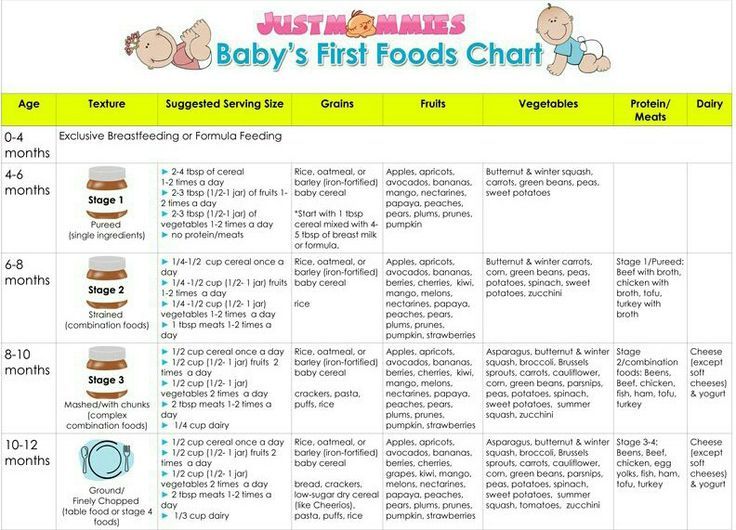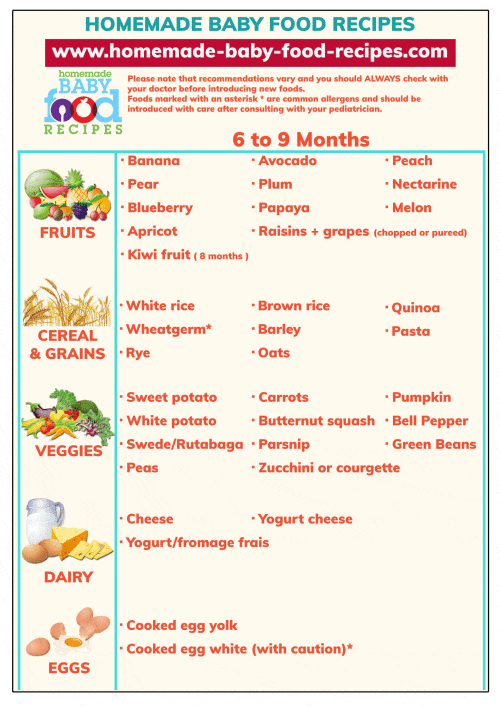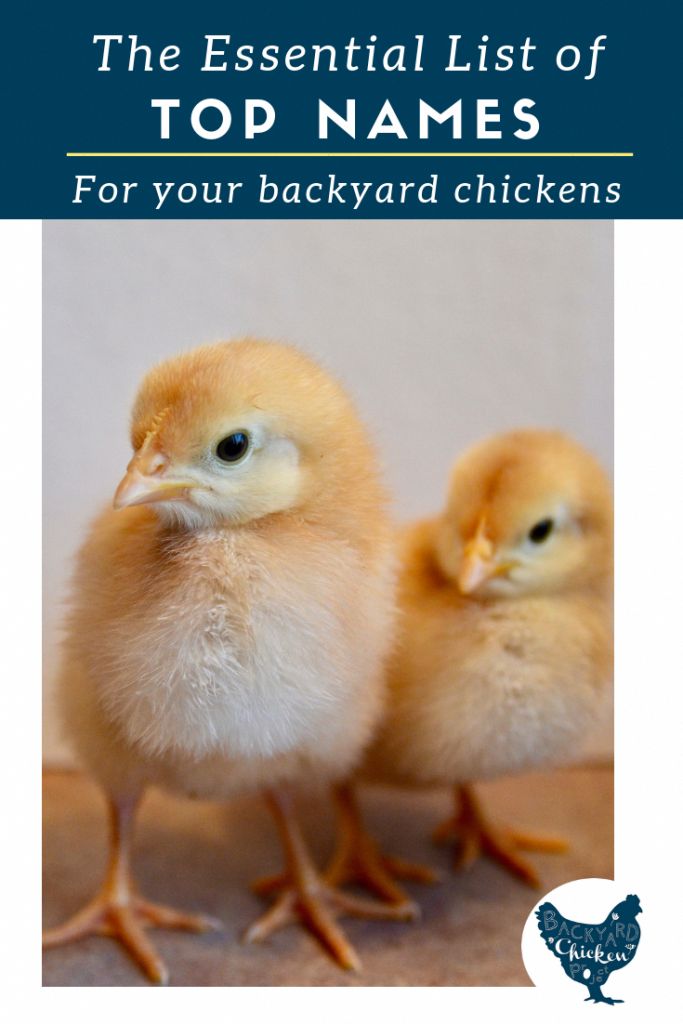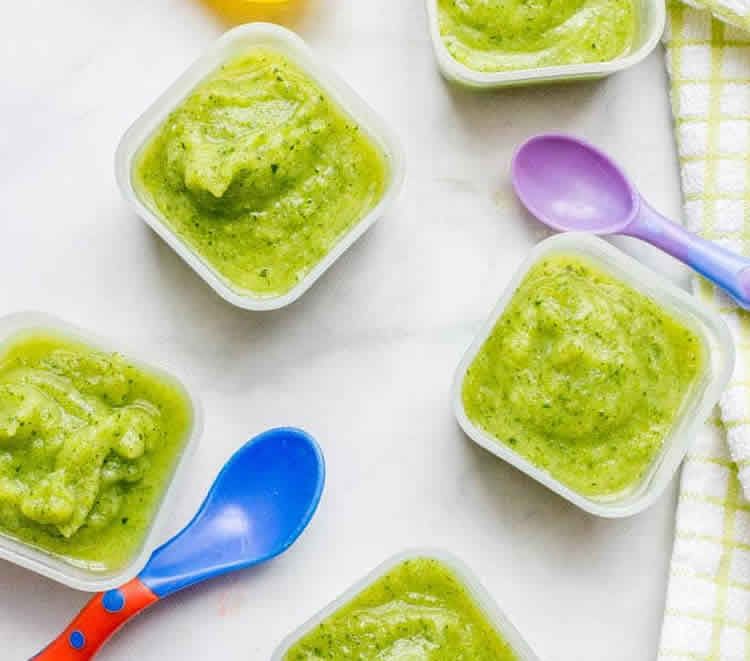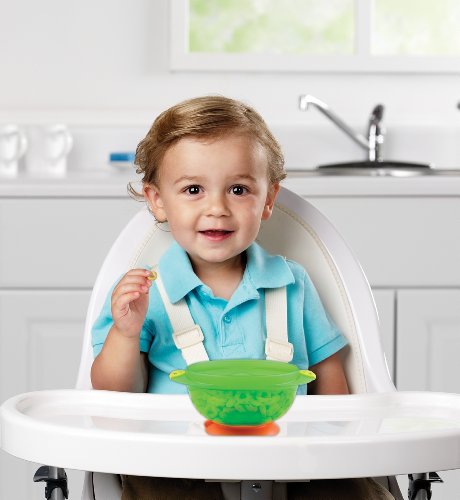My baby cries after every feeding
Baby Cries After Feeding: What Should I Do?
Medically reviewed by Karen Gill, M.D. — By Chaunie Brusie on October 3, 2018
My daughter, the “crier”
My second daughter was what my oldest fondly referred to as a “crier.” Or, in other words, she cried. A lot. The crying with my baby girl seemed to intensify after every single feeding and particularly at night.
It was those hellish hours between darkness and dawn when my husband and I would take turns walking around the house with her in our arms, praying and, mostly in my case, sobbing because we couldn’t console our baby.
I didn’t know it then in my sleep-deprived state, but my daughter’s crying after feedings wasn’t that uncommon. In combination with her frequent spitting up, it was pretty much a classic textbook case of colic.
Colic
Colic, in technical terms, simply means a “crying, fussy baby that doctors can’t figure out.”
OK, so that’s not really the definition, but in essence, that’s what it boils down to. The British Medical Journal (BMJ) lists one criterion for colic: A baby that cries for at least three hours a day, three or more days a week, and is under 3 months old. Check, check, and check.
There isn’t one single known cause of colic. Even the actual clinical incidence of colic, estimated by BMJ to be around 20 percent of all babies, can be tricky.
Acid reflux
One of those causes of crying after feeding and spitting up in babies is actually acid reflux. This condition is known as gastroesophageal reflux disease (GERD) if it also causes significant symptoms such as poor weight gain.
When my “crier” daughter was 5, she frequently complained of her stomach hurting and as a result, had to undergo a series of testing with a gastroenterologist, a doctor that specializes in the GI system.
At our first appointment, the very first question he asked me was if she had colic as a baby and if she spit up a lot, to both of which I practically shouted, “Yes! How did you know?!”
He explained that acid reflux or GERD can manifest as symptoms similar to colic in babies, stomach pain in school-aged children, and later as actual heartburn pain in adolescents.
While many infants spit up, fewer have actual GERD, which can be caused by an underdeveloped flap between the esophagus and stomach or a higher-than-normal production of stomach acid.
In most cases, a diagnosis of infant reflux is simply based on your baby’s symptoms. If your doctor suspects a severe case however, there are several different tests that actually diagnose infant reflux.
Testing can involve taking a biopsy of your baby’s intestine or using a special type of X-ray to visualize any affected areas of obstruction.
Food sensitivities and allergies
Some babies, especially breastfed babies, may be allergic to certain food particles that their mothers are eating.
The Academy of Breastfeeding Medicine notes that the most common offender is cow’s milk protein in the mother’s milk, but even a true allergy is very rare. Only about 0.5 to 1 percent of exclusively breastfed babies are thought to be allergic to cow’s milk protein.
The other most common culprits, according to the ABM, are egg, corn, and soy, in that order.
If your baby is displaying symptoms of extreme irritability after feedings and has other symptoms, such as bloody stools (poop), you should speak with your healthcare provider about getting them tested for allergies.
Aside from a true allergy, there’s also been some evidence that following a low allergen diet while breastfeeding (essentially avoiding those top allergy foods, such as dairy, eggs, and corn) may be beneficial for infants with colic.
Strict elimination diets can have their own risks, so speak with your doctor before significantly changing your diet.
In our situation, I found that dairy, caffeine, and certain seeded fruit exacerbated my daughter’s crying and spitting up. By eliminating those foods and substances from my diet, I was able to help lessen her discomfort.
If you have a baby with colic, you might want to try anything at all to help ease your baby’s crying. If you’re curious to see if your diet has any effect, you can start by logging your food in a food journal and writing down your baby’s reactions after each meal.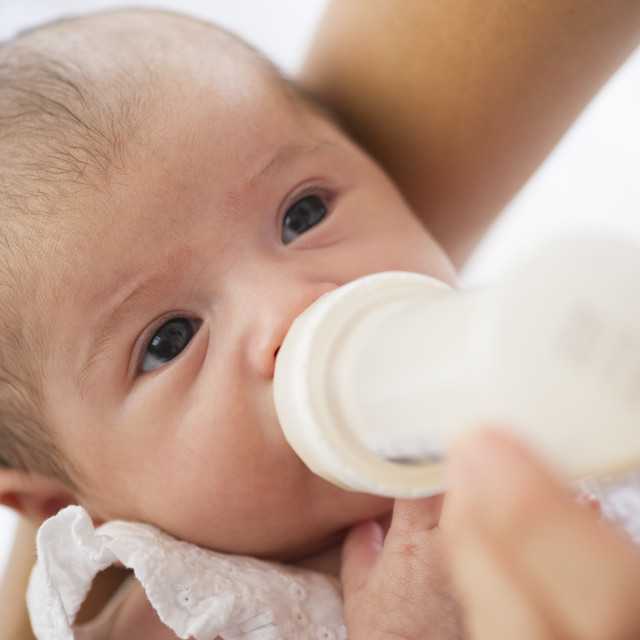
Next, you can eliminate one food at a time and see if reducing your intake of certain foods seems to make a difference in your baby’s behavior. If you hit on one you feel helps your baby to cry less, this does not mean they will not be able to eat that food in the future.
Just be sure to keep in mind that a true allergy is rare. Also, be sure to monitor for any additional symptoms, such as blood in your baby’s poop.
Gas
If your baby is crying a lot after every feeding, it may simply be a buildup of air swallowed while eating. It’s thought that bottle-fed babes in particular may be more prone to swallowing a lot of air during a feeding. This can trap gas in their stomachs and be uncomfortable.
In general, breastfed babies swallow less air while eating simply due to the way they eat. But every baby is different and even breastfed babies may need to be burped after a feeding.
Trying keeping your baby upright after a feeding and burping gently from the bottom of their back and up through the shoulders to work the gas bubbles up and out. Also check out this illustrated guide to burping a sleeping baby.
Also check out this illustrated guide to burping a sleeping baby.
Formula
If your baby is formula-fed, swapping out the formula you use may be a simple solution to a crying baby after feedings. Every formula is a little bit different and certain brands make formulas for more sensitive baby tummies.
If you decide to try this, talk to your baby’s pediatrician about whether an elemental formula would be a good choice to try for a week. If you try one different brand and you see no change in your baby’s fussiness, continuing to try different brands is unlikely to help.
Takeaway
Colic, along with a few other common conditions, might be the culprit if you too have a “crier” on your hands.
If your baby doesn’t find relief after dietary changes or additional burping, then make an appointment to see their doctor.
Share on Pinterest
Chaunie Brusie, BSN, is a registered nurse with experience in labor and delivery, critical care, and long-term care nursing.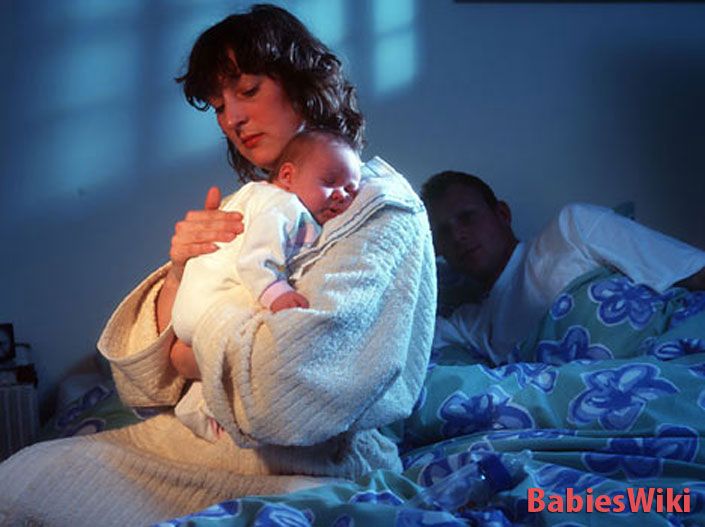 She lives in Michigan with her husband and four young children, and is the author of the book “Tiny Blue Lines.”
She lives in Michigan with her husband and four young children, and is the author of the book “Tiny Blue Lines.”
Last medically reviewed on October 3, 2018
- Parenthood
- Baby
- 06 Months
How we reviewed this article:
Healthline has strict sourcing guidelines and relies on peer-reviewed studies, academic research institutions, and medical associations. We avoid using tertiary references. You can learn more about how we ensure our content is accurate and current by reading our editorial policy.
- ABM clinical protocol #24: Allergic proctocolitis in the exclusively breastfed infant. (2011). DOI:
10.1089/bfm.2011.9977 - Harrel MC, et al. (2015). Is there a correlation between maternal diet in breastfeeding mothers and infantile colic? DOI:
10.1097/01.EBP.0000541032.94135.ca - Mayo Clinic Staff. (2018). Infant reflux.
mayoclinic.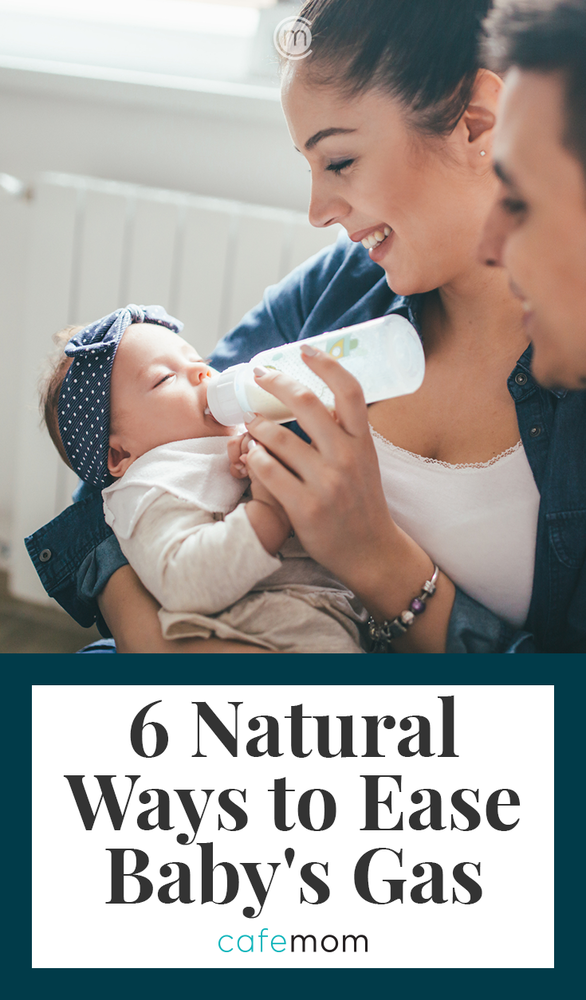 org/diseases-conditions/infant-acid-reflux/diagnosis-treatment/drc-20351412
org/diseases-conditions/infant-acid-reflux/diagnosis-treatment/drc-20351412 - Rosen LD, et al. (2007). Complementary, holistic, and integrative medicine.
pedsinreview.aappublications.org/content/28/10/381 - Saavedra MA, et al. (2003). Infantile colic incidence and associated risk factors: A cohort study. .
ncbi.nlm.nih.gov/pubmed/14502331 - Sung V, et al. (2014). Treating infant colic with the probiotic Lactobacillus reuteri: Double blind, placebo controlled randomised trial. DOI:
10.1136/bmj.g2107 - Symptoms & causes of GER and GERD in infants. (2015).
niddk.nih.gov/health-information/digestive-diseases/acid-reflux-ger-gerd-infants/symptoms-causes
Our experts continually monitor the health and wellness space, and we update our articles when new information becomes available.
Current Version
Oct 3, 2018
By
Chaunie Brusie
Edited By
Nizam Khan (TechSpace)
Medically Reviewed By
Karen Richardson Gill, MD
Share this article
Baby Cries After Feeding: What Should I Do?
Medically reviewed by Karen Gill, M.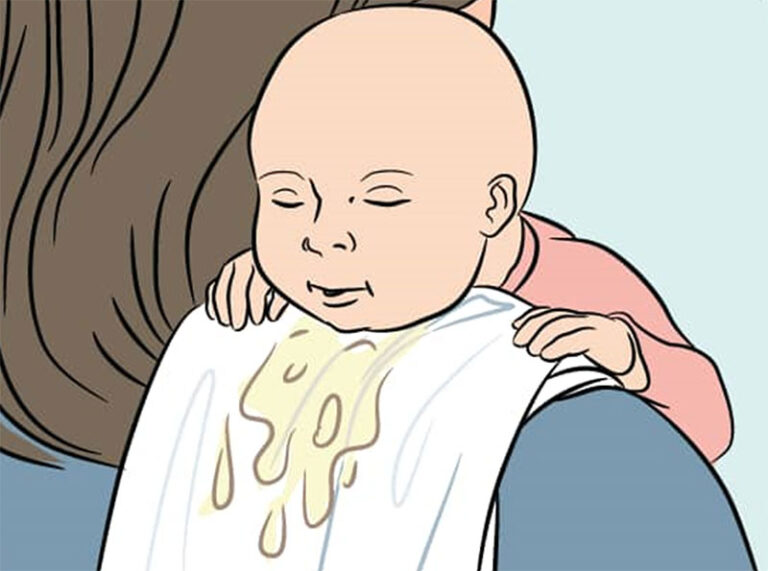 D. — By Chaunie Brusie on October 3, 2018
D. — By Chaunie Brusie on October 3, 2018
My daughter, the “crier”
My second daughter was what my oldest fondly referred to as a “crier.” Or, in other words, she cried. A lot. The crying with my baby girl seemed to intensify after every single feeding and particularly at night.
It was those hellish hours between darkness and dawn when my husband and I would take turns walking around the house with her in our arms, praying and, mostly in my case, sobbing because we couldn’t console our baby.
I didn’t know it then in my sleep-deprived state, but my daughter’s crying after feedings wasn’t that uncommon. In combination with her frequent spitting up, it was pretty much a classic textbook case of colic.
Colic
Colic, in technical terms, simply means a “crying, fussy baby that doctors can’t figure out.”
OK, so that’s not really the definition, but in essence, that’s what it boils down to. The British Medical Journal (BMJ) lists one criterion for colic: A baby that cries for at least three hours a day, three or more days a week, and is under 3 months old.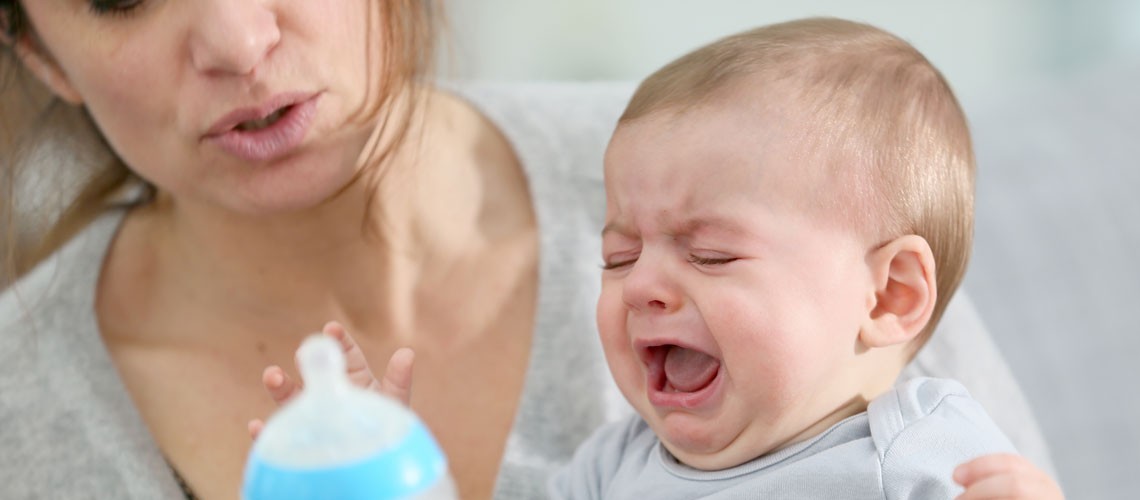 Check, check, and check.
Check, check, and check.
There isn’t one single known cause of colic. Even the actual clinical incidence of colic, estimated by BMJ to be around 20 percent of all babies, can be tricky.
Acid reflux
One of those causes of crying after feeding and spitting up in babies is actually acid reflux. This condition is known as gastroesophageal reflux disease (GERD) if it also causes significant symptoms such as poor weight gain.
When my “crier” daughter was 5, she frequently complained of her stomach hurting and as a result, had to undergo a series of testing with a gastroenterologist, a doctor that specializes in the GI system.
At our first appointment, the very first question he asked me was if she had colic as a baby and if she spit up a lot, to both of which I practically shouted, “Yes! How did you know?!”
He explained that acid reflux or GERD can manifest as symptoms similar to colic in babies, stomach pain in school-aged children, and later as actual heartburn pain in adolescents.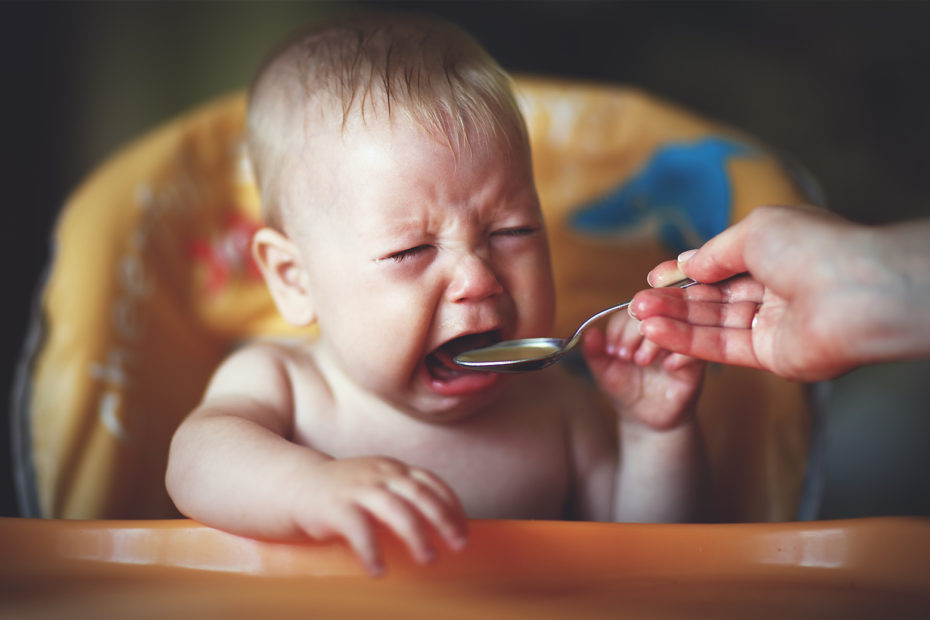
While many infants spit up, fewer have actual GERD, which can be caused by an underdeveloped flap between the esophagus and stomach or a higher-than-normal production of stomach acid.
In most cases, a diagnosis of infant reflux is simply based on your baby’s symptoms. If your doctor suspects a severe case however, there are several different tests that actually diagnose infant reflux.
Testing can involve taking a biopsy of your baby’s intestine or using a special type of X-ray to visualize any affected areas of obstruction.
Food sensitivities and allergies
Some babies, especially breastfed babies, may be allergic to certain food particles that their mothers are eating.
The Academy of Breastfeeding Medicine notes that the most common offender is cow’s milk protein in the mother’s milk, but even a true allergy is very rare. Only about 0.5 to 1 percent of exclusively breastfed babies are thought to be allergic to cow’s milk protein.
The other most common culprits, according to the ABM, are egg, corn, and soy, in that order.
If your baby is displaying symptoms of extreme irritability after feedings and has other symptoms, such as bloody stools (poop), you should speak with your healthcare provider about getting them tested for allergies.
Aside from a true allergy, there’s also been some evidence that following a low allergen diet while breastfeeding (essentially avoiding those top allergy foods, such as dairy, eggs, and corn) may be beneficial for infants with colic.
Strict elimination diets can have their own risks, so speak with your doctor before significantly changing your diet.
In our situation, I found that dairy, caffeine, and certain seeded fruit exacerbated my daughter’s crying and spitting up. By eliminating those foods and substances from my diet, I was able to help lessen her discomfort.
If you have a baby with colic, you might want to try anything at all to help ease your baby’s crying. If you’re curious to see if your diet has any effect, you can start by logging your food in a food journal and writing down your baby’s reactions after each meal.
Next, you can eliminate one food at a time and see if reducing your intake of certain foods seems to make a difference in your baby’s behavior. If you hit on one you feel helps your baby to cry less, this does not mean they will not be able to eat that food in the future.
Just be sure to keep in mind that a true allergy is rare. Also, be sure to monitor for any additional symptoms, such as blood in your baby’s poop.
Gas
If your baby is crying a lot after every feeding, it may simply be a buildup of air swallowed while eating. It’s thought that bottle-fed babes in particular may be more prone to swallowing a lot of air during a feeding. This can trap gas in their stomachs and be uncomfortable.
In general, breastfed babies swallow less air while eating simply due to the way they eat. But every baby is different and even breastfed babies may need to be burped after a feeding.
Trying keeping your baby upright after a feeding and burping gently from the bottom of their back and up through the shoulders to work the gas bubbles up and out. Also check out this illustrated guide to burping a sleeping baby.
Also check out this illustrated guide to burping a sleeping baby.
Formula
If your baby is formula-fed, swapping out the formula you use may be a simple solution to a crying baby after feedings. Every formula is a little bit different and certain brands make formulas for more sensitive baby tummies.
If you decide to try this, talk to your baby’s pediatrician about whether an elemental formula would be a good choice to try for a week. If you try one different brand and you see no change in your baby’s fussiness, continuing to try different brands is unlikely to help.
Takeaway
Colic, along with a few other common conditions, might be the culprit if you too have a “crier” on your hands.
If your baby doesn’t find relief after dietary changes or additional burping, then make an appointment to see their doctor.
Share on Pinterest
Chaunie Brusie, BSN, is a registered nurse with experience in labor and delivery, critical care, and long-term care nursing. She lives in Michigan with her husband and four young children, and is the author of the book “Tiny Blue Lines.”
She lives in Michigan with her husband and four young children, and is the author of the book “Tiny Blue Lines.”
Last medically reviewed on October 3, 2018
- Parenthood
- Baby
- 06 Months
How we reviewed this article:
Healthline has strict sourcing guidelines and relies on peer-reviewed studies, academic research institutions, and medical associations. We avoid using tertiary references. You can learn more about how we ensure our content is accurate and current by reading our editorial policy.
- ABM clinical protocol #24: Allergic proctocolitis in the exclusively breastfed infant. (2011). DOI:
10.1089/bfm.2011.9977 - Harrel MC, et al. (2015). Is there a correlation between maternal diet in breastfeeding mothers and infantile colic? DOI:
10.1097/01.EBP.0000541032.94135.ca - Mayo Clinic Staff. (2018). Infant reflux.
mayoclinic. org/diseases-conditions/infant-acid-reflux/diagnosis-treatment/drc-20351412
org/diseases-conditions/infant-acid-reflux/diagnosis-treatment/drc-20351412 - Rosen LD, et al. (2007). Complementary, holistic, and integrative medicine.
pedsinreview.aappublications.org/content/28/10/381 - Saavedra MA, et al. (2003). Infantile colic incidence and associated risk factors: A cohort study. .
ncbi.nlm.nih.gov/pubmed/14502331 - Sung V, et al. (2014). Treating infant colic with the probiotic Lactobacillus reuteri: Double blind, placebo controlled randomised trial. DOI:
10.1136/bmj.g2107 - Symptoms & causes of GER and GERD in infants. (2015).
niddk.nih.gov/health-information/digestive-diseases/acid-reflux-ger-gerd-infants/symptoms-causes
Our experts continually monitor the health and wellness space, and we update our articles when new information becomes available.
Current Version
Oct 3, 2018
By
Chaunie Brusie
Edited By
Nizam Khan (TechSpace)
Medically Reviewed By
Karen Richardson Gill, MD
Share this article
Baby cries after feeding - Gastroenterology - 07/05/2014
/
anonymous
Hello doctor. Girl 3 months and 1 week old, weight 6600g, height 63 cm, breastfeeding. There were colic from birth, the ultrasound also said a lot of gas in the intestines, but for the last 2 weeks she began to arch out strongly after feeding and cry. He eats with pleasure, after eating he smiles, but after 10-15 minutes he begins to whimper, arches his back strongly and begins to cry. He can fall asleep with his back arched in his arms, he cannot lie on a flat surface during such bouts of crying, he arches. When I feed, I hold my hand on her tummy and feel how she rumbles there during meals. Please tell me how to help her and what tests to pass? Is it the gases that bother her, or maybe something else? My diet does not affect her, I can sit on one buckwheat and still she has a strong nasal formation. Thanks in advance.
Girl 3 months and 1 week old, weight 6600g, height 63 cm, breastfeeding. There were colic from birth, the ultrasound also said a lot of gas in the intestines, but for the last 2 weeks she began to arch out strongly after feeding and cry. He eats with pleasure, after eating he smiles, but after 10-15 minutes he begins to whimper, arches his back strongly and begins to cry. He can fall asleep with his back arched in his arms, he cannot lie on a flat surface during such bouts of crying, he arches. When I feed, I hold my hand on her tummy and feel how she rumbles there during meals. Please tell me how to help her and what tests to pass? Is it the gases that bother her, or maybe something else? My diet does not affect her, I can sit on one buckwheat and still she has a strong nasal formation. Thanks in advance.
Answered by Borsch Svetlana Kornelivna
therapist, gastroenterologist
1. Eat enough with the use of cereals, meat, vegetables, fruits, cottage cheese and other dairy products, fish. Exclude products with individually insufficient tolerance, as well as those containing artificial food additives and dyes, exotic products. 2. Height and weight are age appropriate. After eating, hold upright until the swallowed air escapes, before feeding, spread on the stomach on warm diapers for 5-19minutes. Feed at least once every 2 hours, include night feedings. Feed 1 breast, then offer another. 3. Use lactase baby when feeding: ferment the first portion of pre-expressed milk, start feeding after spoon feeding, 3 weeks. Take Bifidumbacterin forte 1 sachet 2 times a day for 3 weeks. You can take an additional espumizan 20 drops before feeding. When eliminating colic, do not take espumizan. 4. Analyzes: analysis of feces for coprogram, carbohydrates and microflora. Upon receipt of the results, treatment may be adjusted.
Exclude products with individually insufficient tolerance, as well as those containing artificial food additives and dyes, exotic products. 2. Height and weight are age appropriate. After eating, hold upright until the swallowed air escapes, before feeding, spread on the stomach on warm diapers for 5-19minutes. Feed at least once every 2 hours, include night feedings. Feed 1 breast, then offer another. 3. Use lactase baby when feeding: ferment the first portion of pre-expressed milk, start feeding after spoon feeding, 3 weeks. Take Bifidumbacterin forte 1 sachet 2 times a day for 3 weeks. You can take an additional espumizan 20 drops before feeding. When eliminating colic, do not take espumizan. 4. Analyzes: analysis of feces for coprogram, carbohydrates and microflora. Upon receipt of the results, treatment may be adjusted.
anonymous
Thank you very much! I'll post the results after the test.
Borsch Svetlana Kornelivna
Be healthy. ) You can start taking Espumizan and using lactase baby now.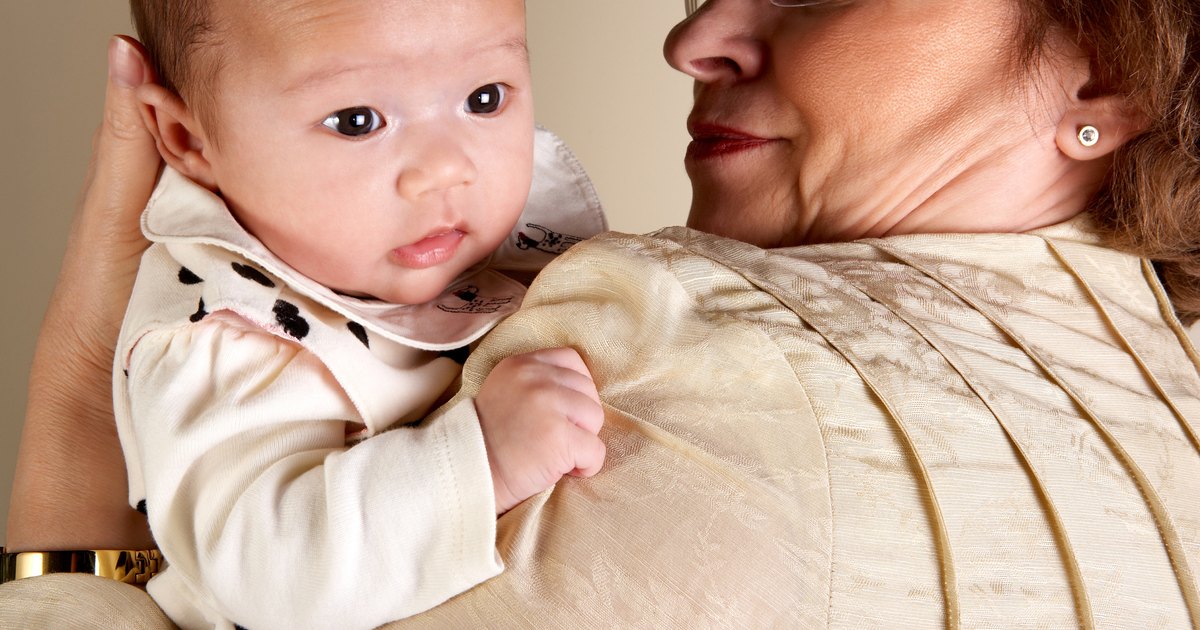 Bifidumbacterin forte start taking immediately after the test.
Bifidumbacterin forte start taking immediately after the test.
Similar questions
anonymous (Female, 23 years old)
The child constantly cries after feeding and sleeps badly during the day yellow to green, the baby constantly cries after...
anonymous (Woman, 38 years old)
The child cries after feeding
The child is 1.5 months old, we are on IV, we eat Nutrilon 1. We switched to it a week ago. On the previous mixture, 90 ml were eaten per feeding. Now my daughter eats sluggishly, does not eat 90 ml,...
anonymous (Female, 34 years old)
The child cries intermittently after formula feeding
Hello. We are 1 month old. On IV almost immediately from birth. The first 2 weeks she still gave breasts, but there was not enough milk. In the maternity hospital they gave Nutrilon, then we bought Nestozhen (I heard good ones ...
Ksyunya Palgueva (Female, 23 years old)
Baby cries after formula feeding 2 weeks the child crept up with a rash, switched to a hipp combiot, a month later the child bled out again! At the same time drinking. ..0003
..0003
Hello! Please help I don't know what to do! The baby was born full-term 2,700 kg, spit up a lot in the maternity hospital, because he swallowed amniotic fluid, he was put on drips and everything stopped, milk came home ... , please help with the answer! My child is a month old and we are on willows because the milk was gone even in the first week after childbirth.0003
anonymous (Female, 29 years old)
Baby cries after feeding
Hello! The child is a month old, breastfeeding, the last few days he began to cry after eating. At first he starts hiccuping and after 10 minutes he starts crying, whimpering crying, sometimes turning into a scream. Maybe...
The baby cries right after feeding
The baby cries right away...
#1
#2
Light
Daughter?
#3
#4
Guest
may not fit it, we had it, the mixture was changed even after the baby was sleeping. Well, or he doesn’t eat up. Talk to the doctor and feed the baby with her. After feeding for 10-15 minutes, carry the baby on the handles with a column so that the air comes out of the tummy.
Well, or he doesn’t eat up. Talk to the doctor and feed the baby with her. After feeding for 10-15 minutes, carry the baby on the handles with a column so that the air comes out of the tummy.
#5
Victoria
We eat all the time, this happened only a month ago.
I always wear a column, I gave more of the mixture, I still screamed and at the same time spit up profusely, it became clear that there was a lot.
At the appointment with the pediatrician on the 19th, I will ask of course what it is and what it can be from.
When feeding, he eats calmly, does not cry, only sucks very eagerly, I change the nipple for a nipple with a larger hole, he starts to choke.
#6
#7
2222 The child is 2 months old, recently it has also become, it seems to me, the mixture has nothing to do with it, it seems to be psychological, because you give a dummy - it falls silent.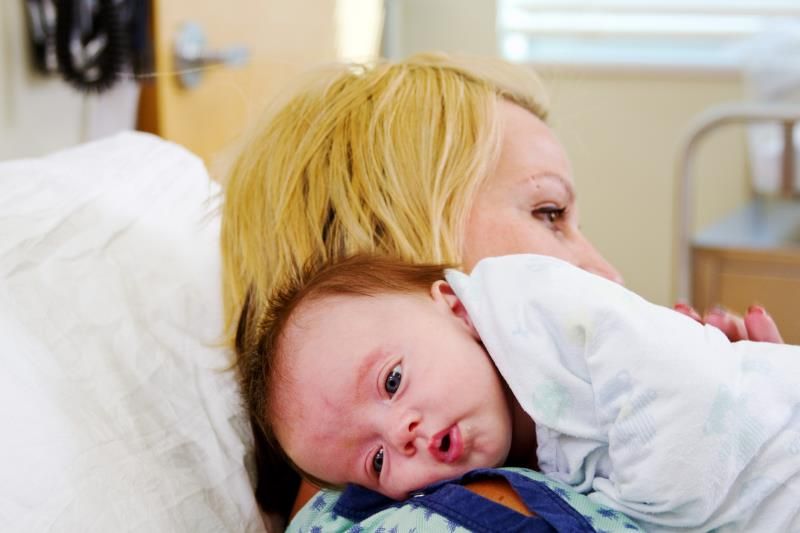
#9
Guest
The child is 2 months old, recently it has also become, it seems to me that the mixture has nothing to do with it, it’s like psychological, because you give a pacifier - it stops .
#10
Victoria
Here, the same situation.
Why doesn’t she cry at every feeding, but every other time, she falls silent from a dummy and if she cries, it’s not very long, a minute or two, it seems that she thinks that she hasn’t eaten enough and she’s not enough, and then the feeling of fullness comes and she doesn’t cry anymore, by the way, after this crying, a normal, active child, laughs, plays, ultrasound of all internal organs was done at the maternity hospital at discharge, everything was in order, they also passed an analysis for dysbacteriosis, so everyone who immediately threw slippers on me here didn’t it is necessary, I do not sit still and evenly.
#11
Victoria
You won’t believe T9 did this, but I don’t really check, because there is no time for this, you know, the child requires a lot of time and attention. If there is nothing to say in the case, then pass by
#12
#13
Guest
is good mother, the child is bad, the child is bad, and she will go to the doctor only in 10 days, fu on you.
Do you have one doctor for the whole district or is it a waste of money for a paid pediatrician?
I do not understand such mothers.
#14
#15
Guest
I even work at home at home . .
.
#16
Sveta
Daughter?
New topics this month:
-
Child loves dad more
10 answers
-
How can one regret not having children?
46 answers
-
Are you afraid of the evil eye?
6 answers
-
Can't even go to the bathroom
7 answers
-
Is happiness in little screaming monsters?
20 answers
-
Broken sleep patterns for mother and baby
13 answers
-
Newborn care. What's difficult?
245 answers
-
Why do so many children have such children?
10 answers
-
constipation in newborn
4 answers
-
Sleeping your children
11 answers
7.

